Reviewed by Julianne Ngirngir
Google's smart home ecosystem is about to get a major intelligence boost. Google announced three new Gemini intelligence-powered experiences for its Google Home smart home platform, promising to transform how we interact with our security cameras and smart devices. Most of these features will be paywalled behind Google's Nest Aware subscription, starting at $8 a month ($80 a year), but the capabilities they unlock represent a significant leap forward. The features will launch first in Google's Public Preview beta program to a limited number of Nest Aware subscribers and will roll out to more users next year.
Here's what makes this particularly compelling: we're talking about Google fundamentally rethinking what a smart camera can do by giving it the ability to truly understand and describe what it's seeing. Think of it as the difference between having a security guard who can only tell you "someone's here" versus one who can say "the delivery driver left a large Amazon package by the front door and your neighbor's cat is now investigating it."
What makes these camera upgrades so compelling?
Google is using Gemini intelligence on Nest cameras to allow them to understand what they see and hear and then tell you what's most important. This isn't just about recognizing a person or package anymore – Google Home will add detailed descriptions of what the camera saw in its alerts. Since generative AI powers Gemini, your camera can describe what it sees in real time, making event alerts descriptive and precise.
To understand how significant this upgrade is, consider that Google previously started leveraging its AI capabilities in Nest cameras to identify the faces of people you previously labeled, such as family members or friends, and added object detection as a part of the camera's AI capabilities. There's even a sound detection feature powered by AI that automatically picks up on certain sounds, including a smoke alarm or glass breaking. Gemini builds on this foundation by adding contextual understanding – instead of just getting a notification that says "motion detected" or "person spotted," you might receive something like "Your teenage son arrived home from school and is walking toward the front door with his backpack."
The leaked hardware specs complement these intelligence upgrades perfectly. The indoor cam is expected to get a boost with 2K resolution, 6x zoom, and will show up in three colors. The big upgrade on all of these is video quality, as Google is apparently jumping to 2K HDR video from the existing 1080p. This represents a massive improvement over current models, which max out at 1080p at 30 FPS, HDR video quality.
The timing of this hardware refresh is significant – Google's Nest hardware suite hasn't seen a refresh in four years now, making this a comprehensive overhaul rather than an incremental update.
How Gemini transforms everyday security monitoring
The real game-changer is how Gemini makes your cameras genuinely intelligent. Using advanced AI models designed around object and event detection, many false alarms can be tuned out and adapted to your needs. Instead of generic "motion detected" alerts, you'll get descriptions like whether your dog is napping peacefully or digging up your prize-winning petunias.
If you've ever owned a security camera, you know the frustration of getting dozens of meaningless notifications because a tree branch moved or a shadow shifted across your driveway. Gemini integration with Google Home allows your cameras to understand what events are worth alerting you to, which means fewer false alarms and more relevant information when something actually important happens.
The search functionality introduces a completely new paradigm for interacting with your camera footage. There will be an option to use text to search through footage in the Google Home activity tab. By powering your Nest cameras with Natural Language Processing (NLP), you can type or ask for a specific event or time, bringing back all relevant results. You can search your camera history using simple questions like, "Did the kids play in the backyard this afternoon?" or "Was a delivery truck here today?"
Instead of scrubbing through hours of footage to find that moment when your package was delivered, you can simply ask "When did FedEx drop off my package?" and get a direct answer with the relevant footage. Gemini also creates detailed metadata for events, objects, and scenes, allowing for detailed and precise search functionality that makes finding specific moments a breeze.
Beyond cameras: the complete smart home transformation
The intelligence upgrade extends far beyond just cameras. A new "Help me create" feature in the Google Home app lets you describe what you want to happen and have it create a routine to do it automatically. Help me create lets you describe what you want in plain language, and Google Home will set up the automation for you.
This addresses one of the biggest barriers to smart home adoption: the complexity of setting up automations. Instead of needing to understand triggers, conditions, and actions in technical terms, you might be able to say something like "Turn on my living room lights and start playing jazz music when I get home from work on weekdays," and have the system figure out all the technical details automatically.
Google Assistant is also receiving substantial improvements. Google Assistant is getting new voices with different styles, tones, and accents, and will be able to maintain the context of your conversation and start to learn and understand your home. Google Assistant will not need specific nomenclature to do what you want, can handle pauses, ums, and ahs, and answer follow-up questions.
This conversational improvement represents a shift from the current reality where voice assistants often feel like you're talking to a very literal computer that requires precise phrasing. The promise here is natural conversation, complete with the hesitations and imprecise language that characterize how humans actually communicate.
The hardware refresh includes more than just cameras. The mystery speaker that was spotted during the Pixel 10 launch will also show up in four colors and will be called the "Google Home Speaker" with 360-degree sound and balanced audio.
What this means for the smart home landscape
Google sees this as the next era of Google Home, with a more helpful and proactive assistant. The company is positioning itself to compete not just on hardware specs, but on intelligence and user experience. The smart home is rapidly evolving into an intuitive ecosystem to make life easier, and its next era will be powered by Gemini and the Home APIs.
Google's strategic approach extends these capabilities to third-party developers through its Home APIs. When devices are integrated using the Google Home APIs, they can participate in Gemini-powered experiences across Google's surfaces. This means Google Home users can control and inquire about their smart home devices using natural language within the Gemini app.
This positions Google strategically against competitors like Amazon and Apple by creating an intelligence layer that makes the entire smart home ecosystem more useful, regardless of which specific devices you choose. Rather than just building better hardware, Google is establishing itself as the brain that makes everything work together more intuitively.
However, there are important caveats to consider. Gemini is still working out the kinks, including a habit of hallucinating information. The features are also available for now to US users in English only, and most capabilities require that monthly subscription.
The business model shift is equally significant. Google is apparently doing away with "Nest Aware" and instead introducing "Google Home Premium" for cloud backup and Gemini features, with the report bringing out a "daily recap" of events from your cameras. This represents not just a feature upgrade, but a fundamental shift in how Google approaches smart home services – moving from simple device monitoring to comprehensive home intelligence.
The subscription model provides Google with recurring revenue while the AI capabilities create a genuine value proposition that justifies the ongoing cost. The key question is whether these AI capabilities will prove reliable and useful enough to justify the monthly subscription cost, especially as competitors inevitably develop their own AI-powered features. But if Google can deliver on the promise of genuinely intelligent home monitoring and automation, this could represent the kind of breakthrough that defines the next generation of smart home technology.




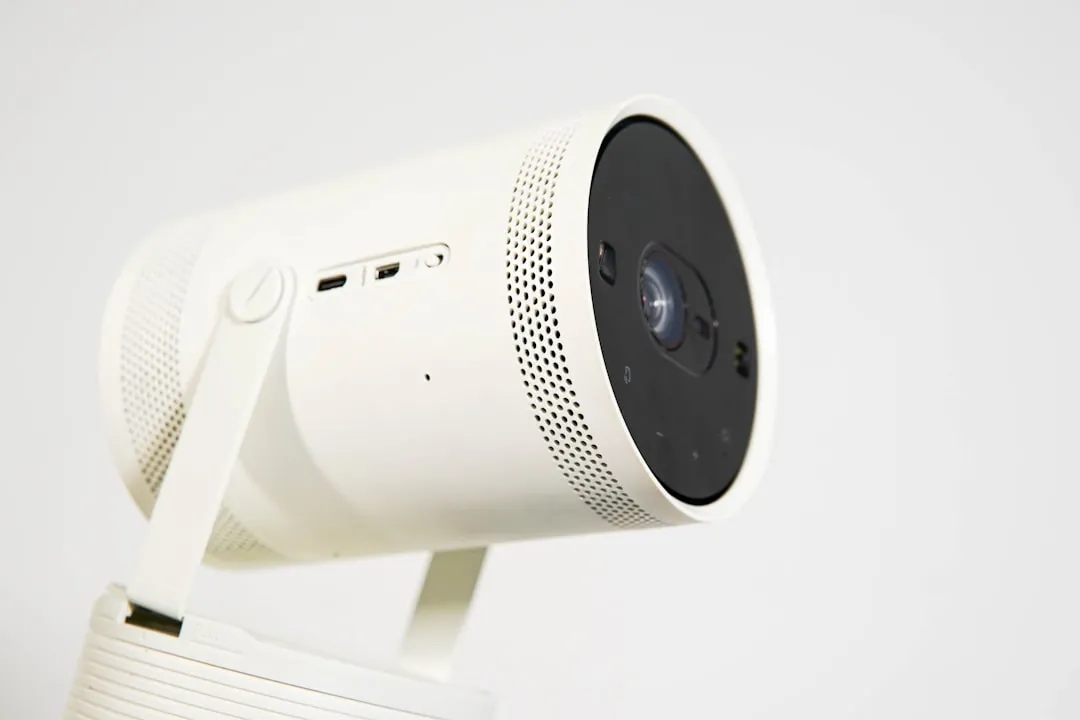
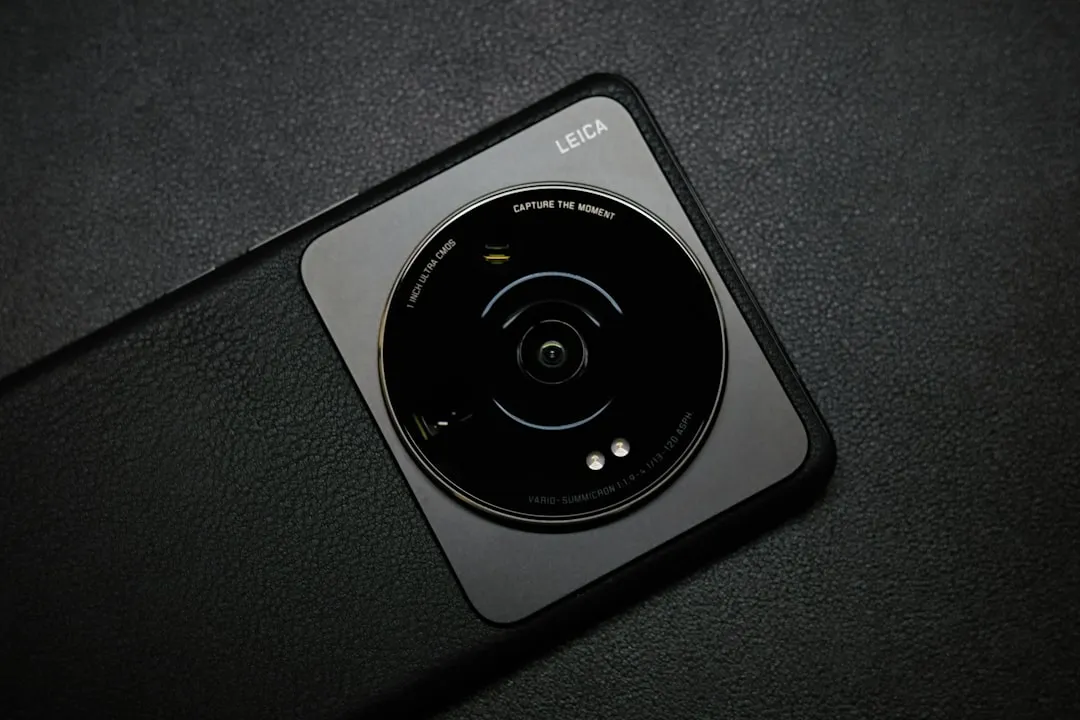



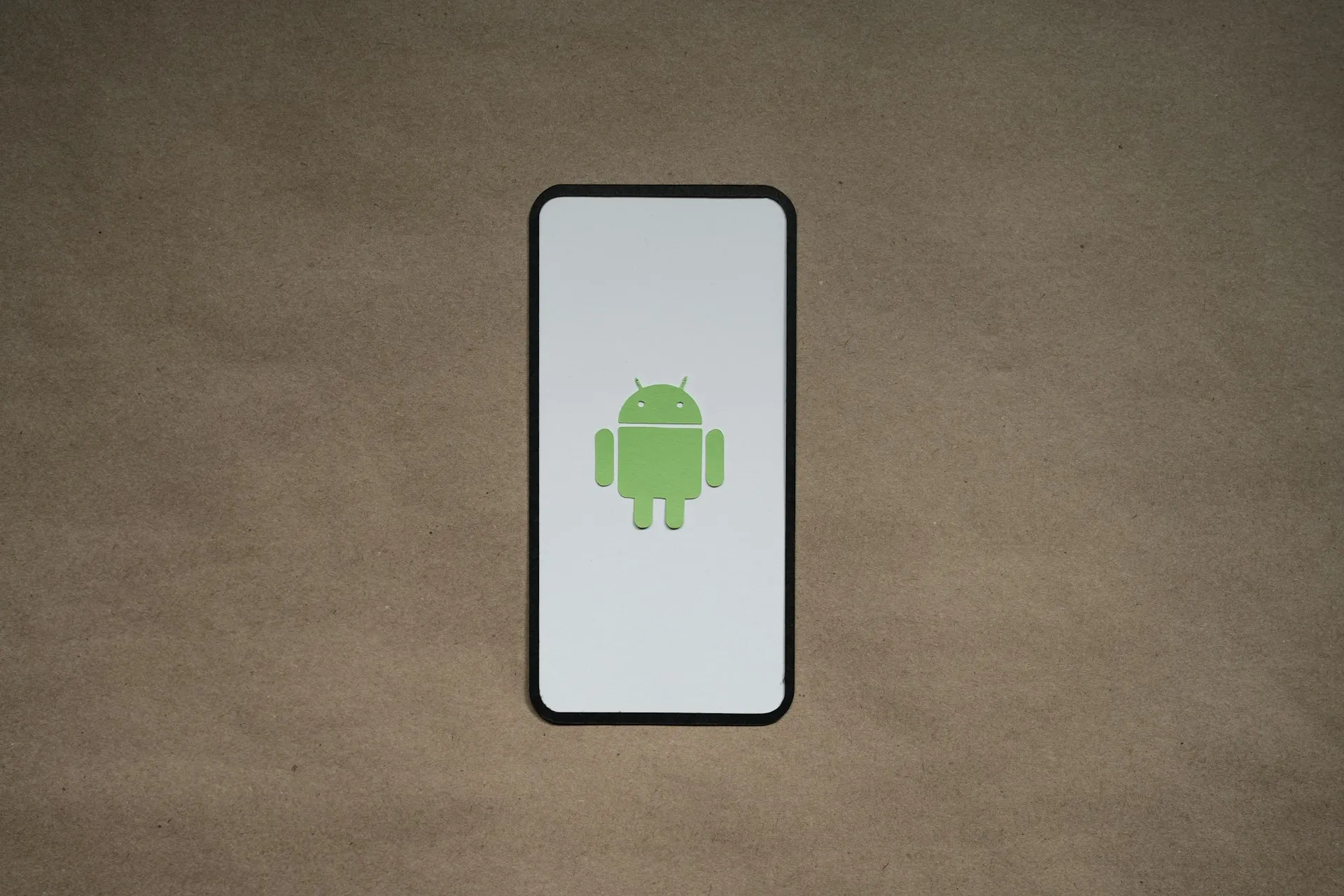










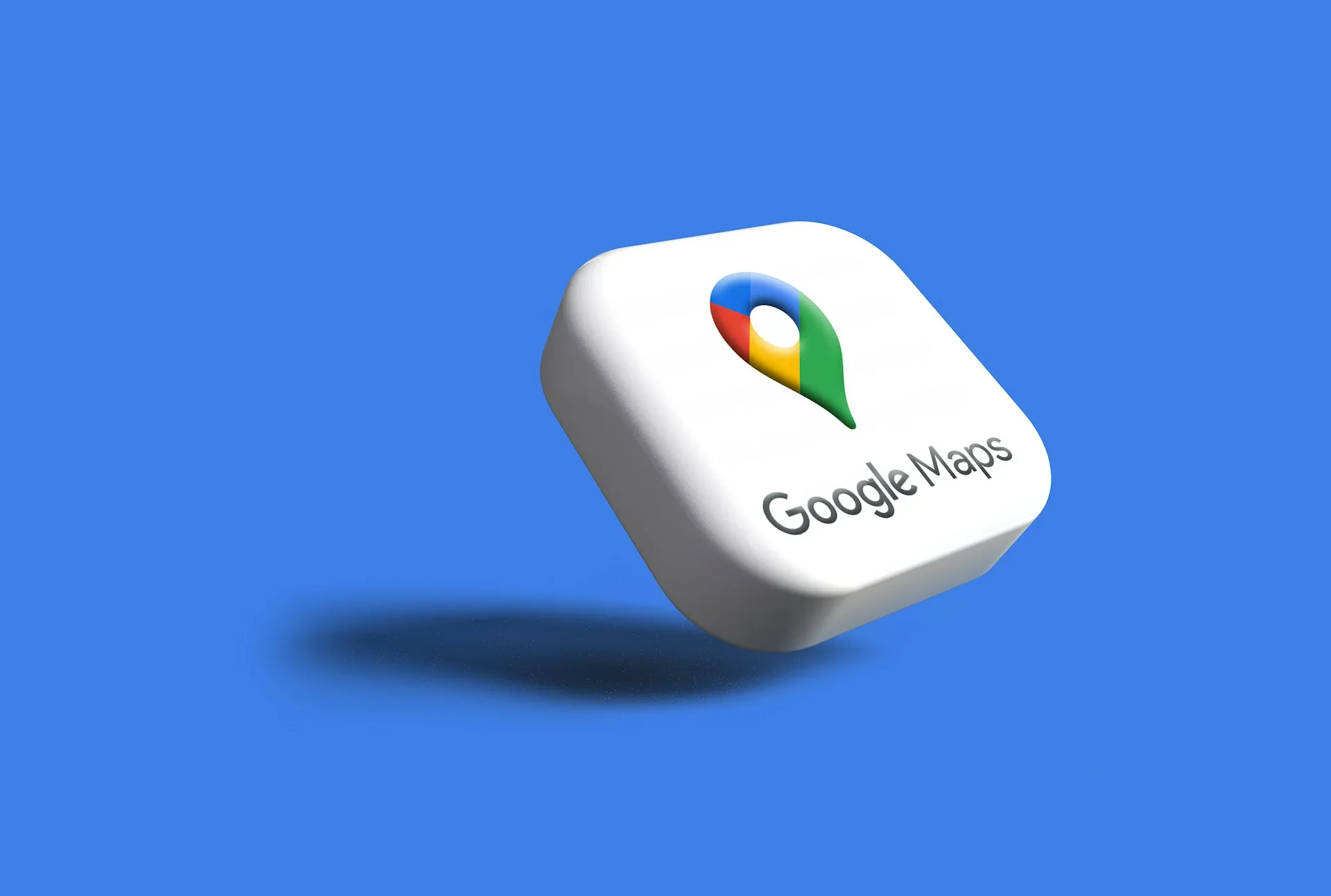


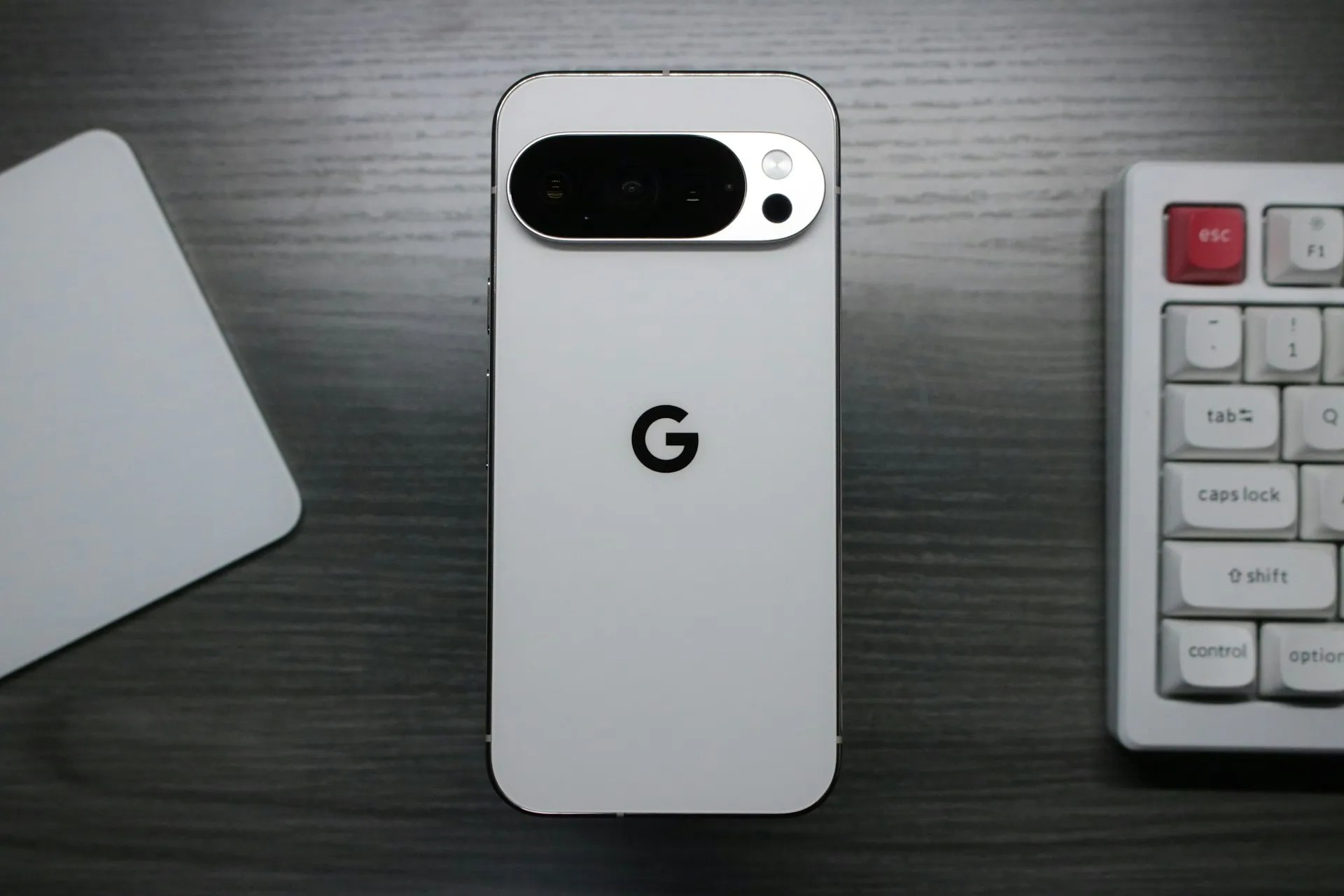
Comments
Be the first, drop a comment!